Africa Finds its Cinematic Voice
By Beverly Andrews
A contemporary Buddhist leader, Daisaku Ikeda of the lay Buddhist organisation the Soka Gakkai International, once said that the 21st century would be the century of Africa. At the time, this statement was scoffed at as countries across the continent faced enormous challenges. But as the century has unfolded there have been continuous glimmers of light, light which has appeared across the continent. African countries have moved increasingly toward more representative democracies and even in countries where authoritarian regimes still hold sway, these regimes are now being challenged by a vocal opposition. It is also interesting to note that while countries in the west are still struggling to cope with the devastation of the Covid-19 pandemic, countries throughout Africa, particularly those in Sub-Saharan Africa, have avoided the worst-case scenario once predicted and infection rates now appear to be falling. A result of quick government action and populations who, having experienced the Ebola outbreak, were willing to be guided by science.
In the arts, the continent is also thriving, particularly in the visual arts where contemporary African works are among the most sought after in the world. In many ways though film has perhaps lagged behind this burst of creativity. Despite in the past producing cinematic legends such as Ousmane Sembene and Med Hondo, the continent is better known for Nigerian cinema, a cinema noted more for the sheer volume of productions, rather than each film’s individual qualities. But even this trend is now changing, two films in particular could feature heavily at next year’s film award ceremonies, the extraordinary migration feature, ‘Eyimofe’, which tells the story of two young Nigerians who dream of a better life and ‘Blood Rider’, an astonishing documentary short, which looks at a revolutionary initiative, launched in Nigeria, to get blood to the hospitals who desperately need it, hospitals trying desperately to reduce their unusually high maternity deaths.
The acclaimed feature ‘Eyimofe’, which translates to “This is My Desire” is directed by rising Nigerian stars, siblings Arie and Chuko Esiri. The film is split between two distinct halves, titled ‘Spain’ and ‘Italy’, titles which refer to the destinations the central characters of Mofe and Grace hope one day to reach. Countries where they feel they can finally live the lives they want.
In a recent interview to promote the film Chuko Esiri stated “the title choices were the two most popular destinations for illegal migrants. I think literally today a thousand migrants from Africa landed on the Canary Islands. So it was telegraphing this {..}, of where they’re going to, or the specific places they want to go to.” In the film the brothers chart the deals the central characters are forced to make with increasingly dubious characters to realise their dream of migration, Mofe and Grace’s hope of a better life. The film does not shy away from presenting the daily challenges of working-class Nigerians, be it living in an over-crowded city where the basic utilities themselves are not necessarily safe. These problems, in both stories, come to a head and lead to heart-breaking tragedies, events which could have so easily been avoided were more money available.
The sense that both these characters, Mofe’s illiterate electrician, played by beautifully by Jude Akuwudike, and Grace’s hard-pressed beautician, played by luminous new comer Cynthia Ebijie, feel trapped is clear, both feel they are living stalled lives and long for distant shores.
"Migration is widely discussed in Nigeria," explains Arie "One of the main topics of discussion is politics back home ... and with that comes this question of 'when are things going to change?' and if they are not then 'when do I get out and make my life better?' and that covers all socio-economic backgrounds and statuses." What stands out though about ‘Eyimofe’ is the hope the film nevertheless offers, not in some distant country but hope for the very country both characters so desperately want to escape.
The idea for the acclaimed documentary short, ‘Blood Rider’ came out of the personal experience of Temie Giwa-Tubosun, who was born in Nigeria but immigrated with her family to the US. She worked as a healthcare specialist for both the United Nations and the World Health Organisation before resettling back in Nigeria and once there she sought to find out what was causing so many mothers to die in childbirth. An experience she herself had, despite being healthy and giving birth in the United States. What should have been a straightforward delivery quickly became both complex and dangerous. Giwa-Tubosun decided to devote her career to the maternal health of others. Giwa-Tubosun began the One Percent Project, which was set up to collect desperately needed blood and deliver it to the hospitals where it was needed. Eventually the project became LifeBank, which began to connect blood donations to hospitals and patients in need, organising speedy transport, by motorcycles or other means of transport, on streets that are notoriously gridlocked. Directed by Jon Kasbe, the film follows one case in which a mother and her new born baby are literally on the verge of death as we see the motorcyclist’s frantic journey through the busy and often dangerous streets of Lagos. It would be churlish to give away the film’s conclusion but what I can say is that it will keep you on the edge of your chair.
Both ‘Blood Rider’ and ‘Eyimofe’ seem to point to a new dawn of African cinema. A dawn of glorious, insightful work which can take its rightful place among the best in the world.
form-idea.col London, 22nd October 2020 | Interview with the director Blood Rider
Trailer | EYIMOFE (This is my desire)
Eyimofe was at the BFI’s London Film Festival 11-14 October. Eyimofe will also be screened at AFI Festival on 20-22 October online and have a physical screening in London at Film Africa 2020 on 31 October (get tickets here).
Instagram: @gdnstudiosng | Facebook: @gdnstudios | #Eyimofefilm
One thought on “Africa Finds its Cinematic Voice”
Comments are closed.
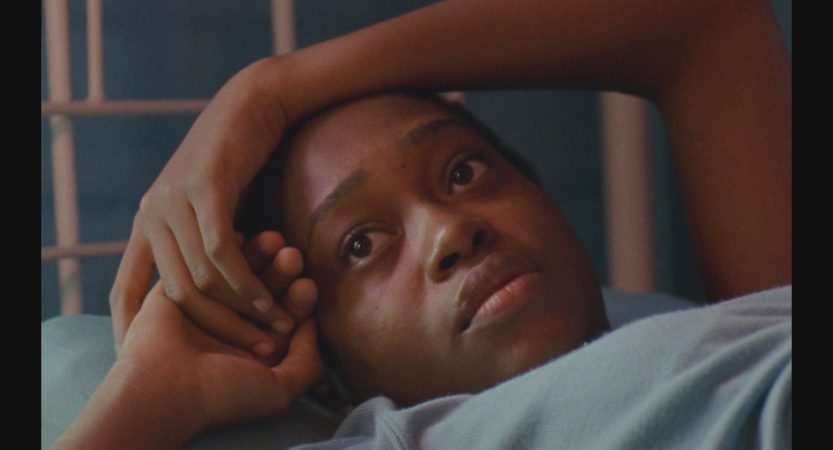
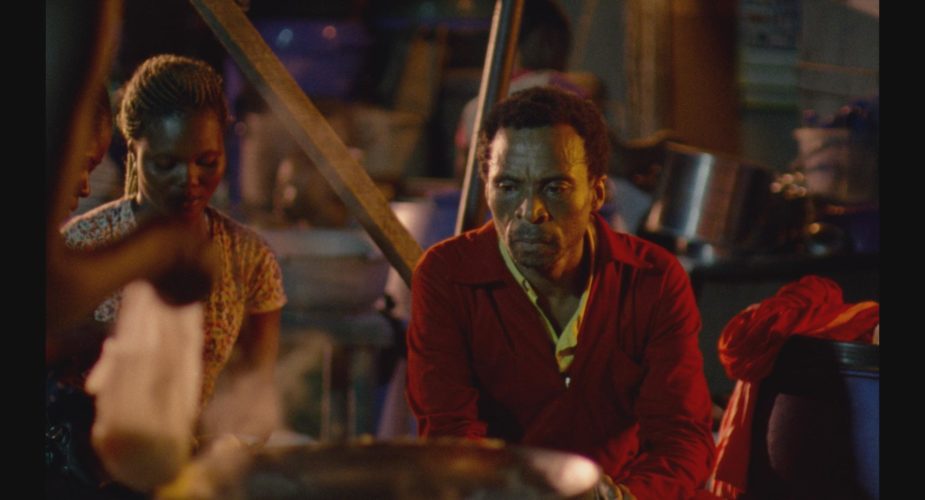

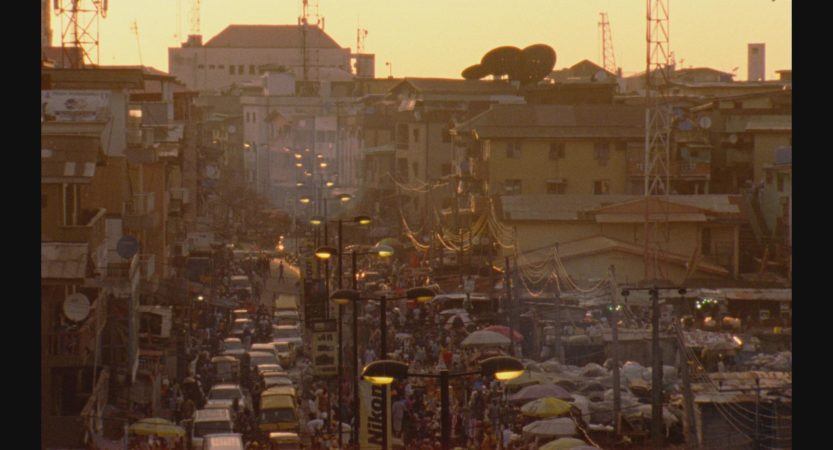

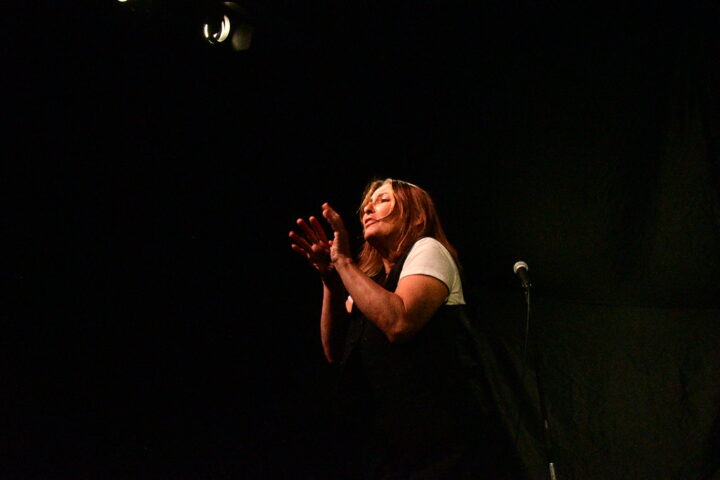
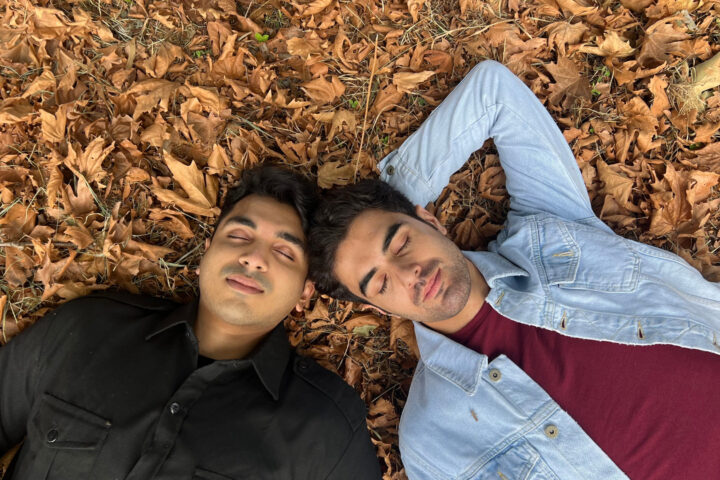
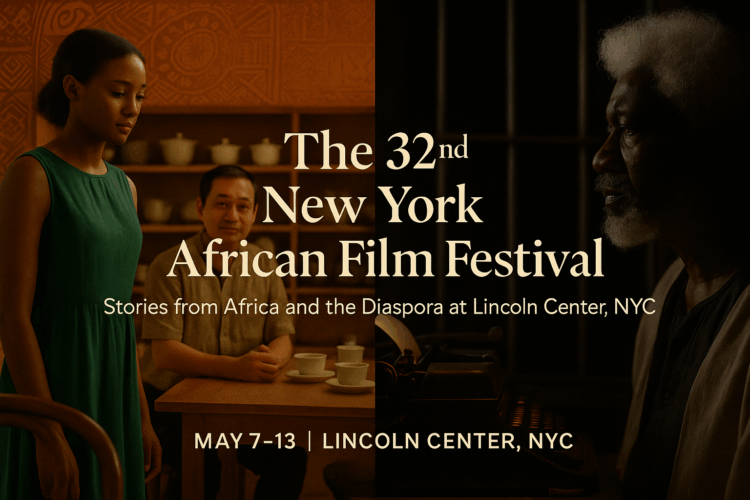
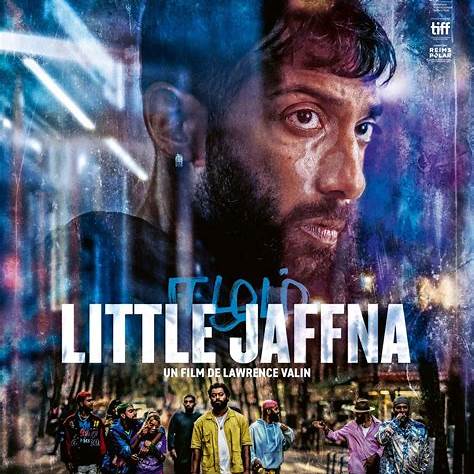
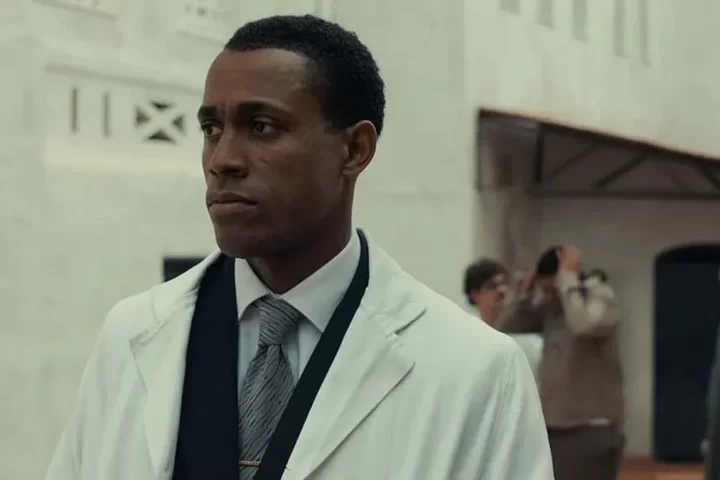
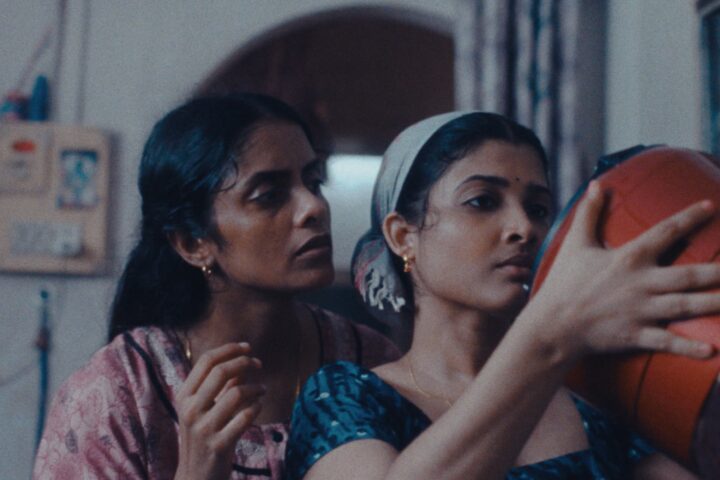
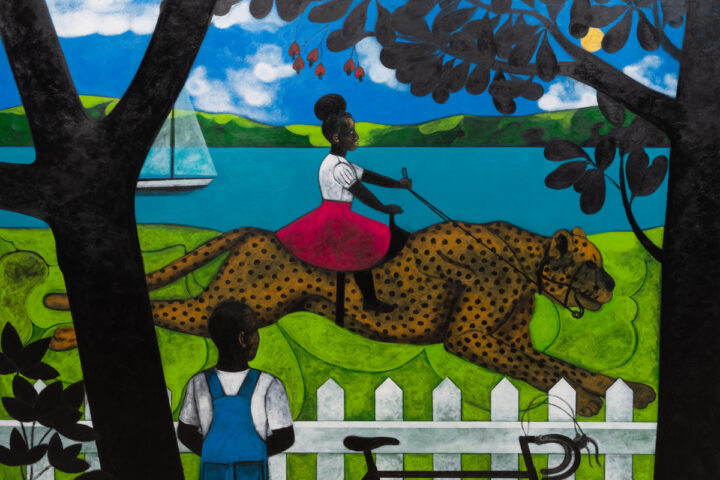
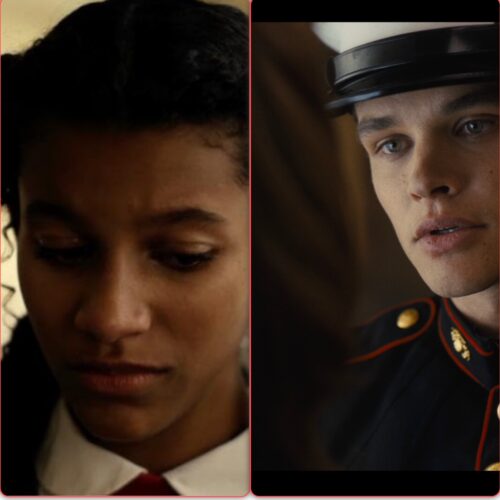
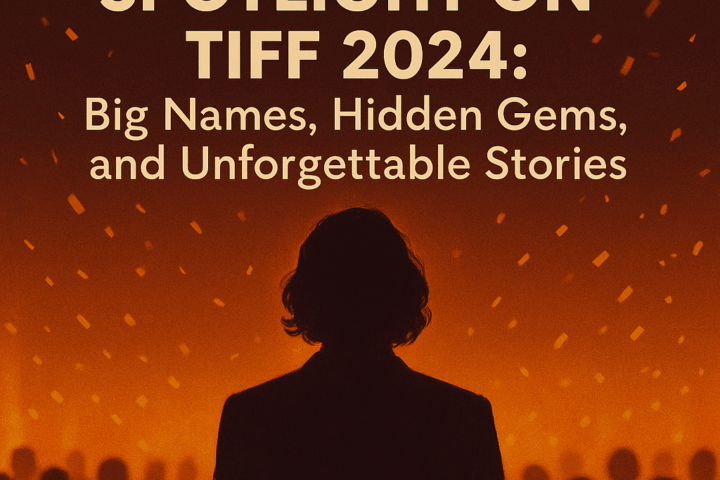
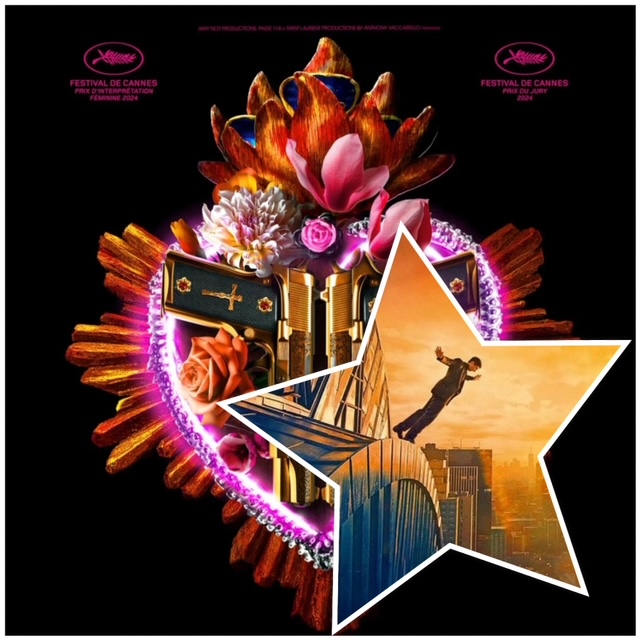

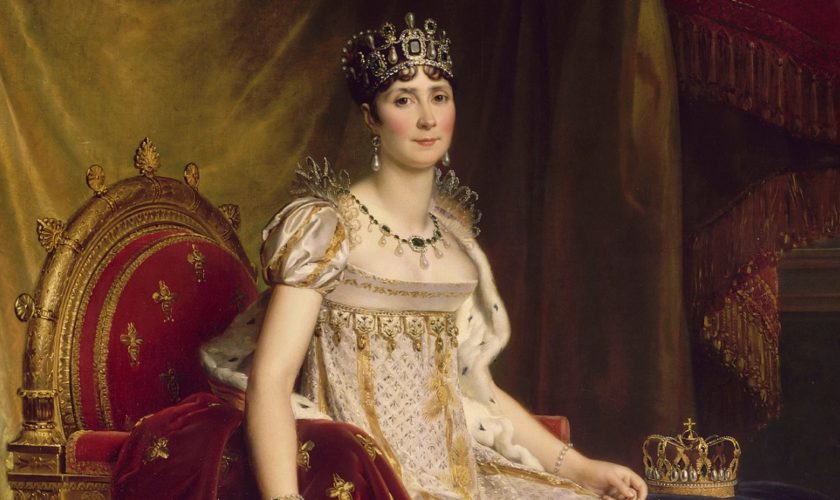
Thanks for this article. Much better written than other bloggers out there.